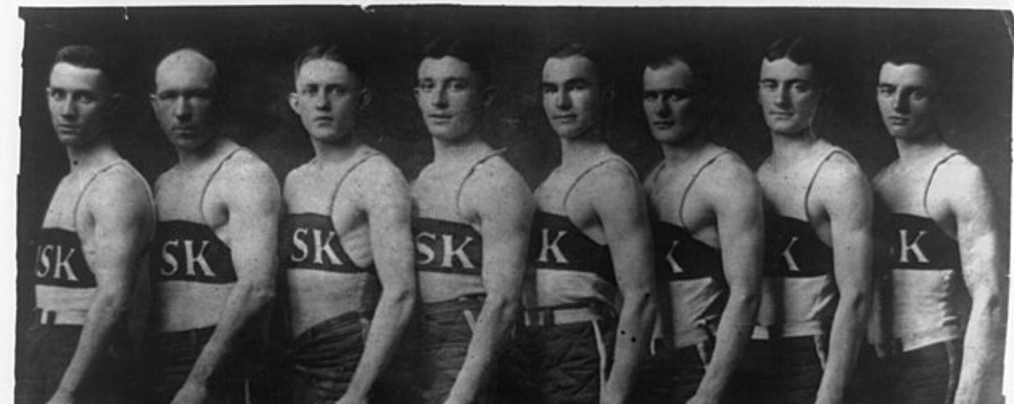In the image are members of the New York Yankees 1943 infield, from left to rightː Joe Gordon (second base), Nick Etten (first base), George Stirnweiss (shortstop) and Bill Johnson (third base).
Acrobatic Defense and Clutch Hitting: Gordon's defensive prowess was legendary. His acrobatic fielding earned him nine All-Star selections, and he led the league in assists four times. But his impact was more comprehensive than defense. A powerful hitter, he led the American League in home runs for second basemen seven times, surpassing 20 homers in a season five times. He was a vital cog in the Yankees' "Murderers' Row" lineup, contributing to four World Series titles during his eight years with the team.
Leadership and Sacrifice: Gordon's leadership qualities shone brightly. He served as team captain in 1944 and 1945, leading by example with his work ethic and positive attitude. His impact was even more profound during World War II when he served in the Army Air Corps, missing two prime years of his career. This selfless sacrifice solidified his place as a true hero in the eyes of fans and teammates alike.
Beyond the Pinstripes: In 1947, Gordon was traded to the Cleveland Indians, a move that surprised many. He continued to excel, leading the team to a World Series title in 1948 and maintaining his All-Star status. He retired in 1950, leaving behind a legacy of excellence and sportsmanship.
A Hall of Fame Legacy: Though inducted into the Hall of Fame in 2009, 31 years after his death, Gordon's impact on the game never wavered. He redefined the second base position, showcasing its offensive and defensive potential.





